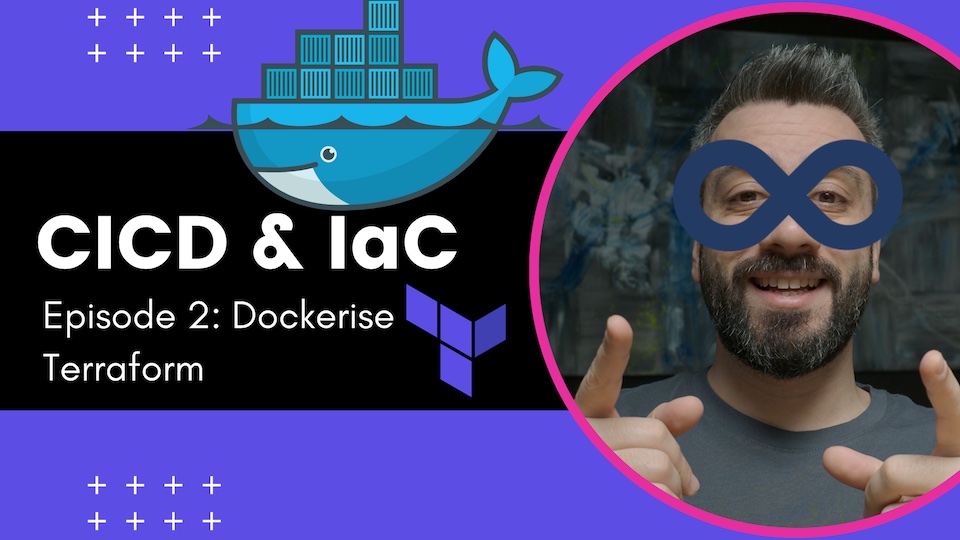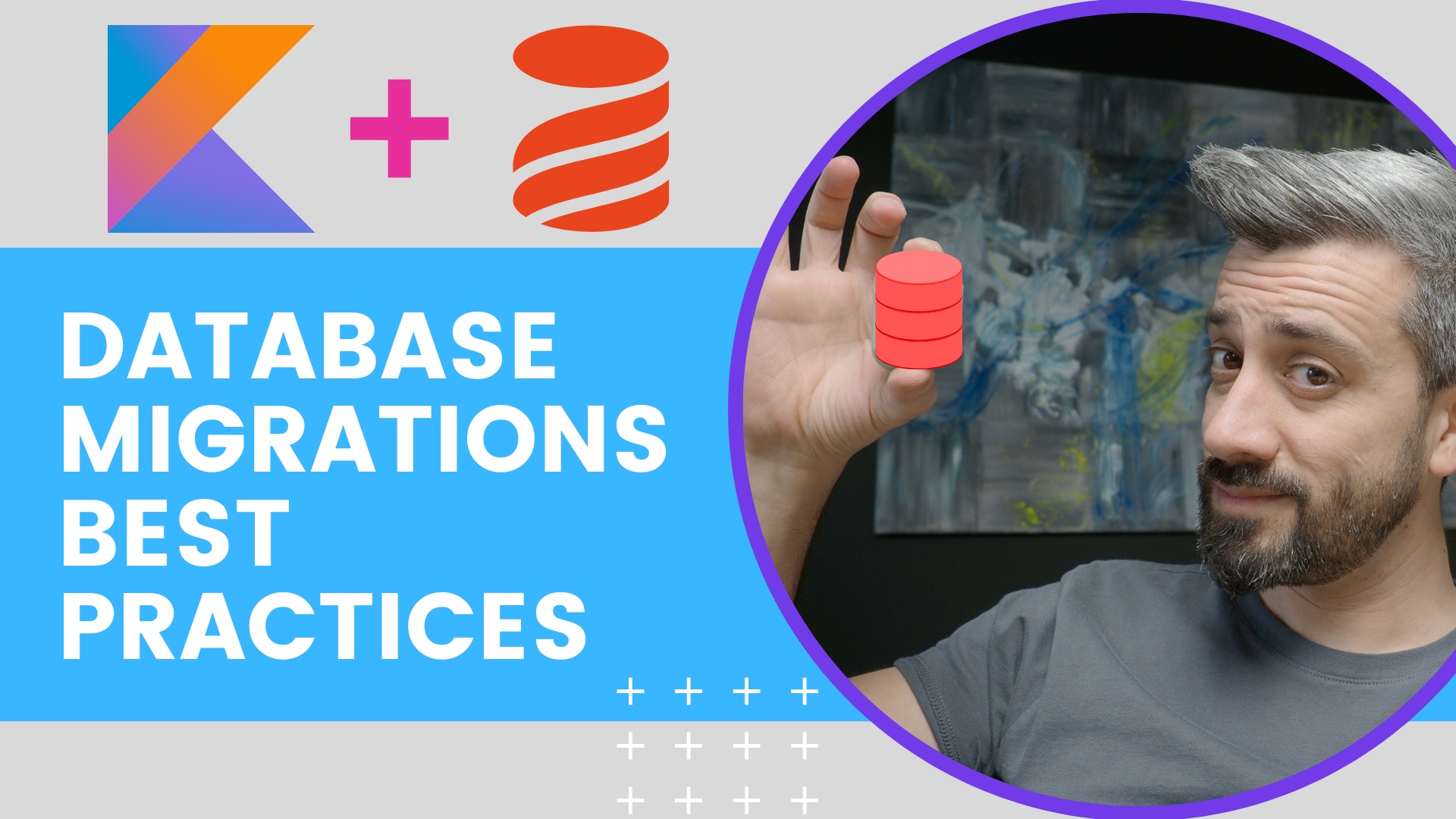APIs Backwards and Forwards Compatibility - How to avoid breaking changes
Successful APIs are adopted and used by thousands of clients, how can we manage changes without breaking them?

API Design - Backward and Forward Compatibility
Designing APIs is non-trivial, especially because, at design time we have limited information about their use and consumption.
Today we are going to talk about APIs, Backwards and Forwards Compatibility… and how to bump the version of an API in case there is a need for it.
Practical example
Let’s start with an example, lets say we have an API, something similar to Twitter, with an endpoint that accepts a payload like this:
{
"username": "PeterMcKinnon",
"tweet": "Happy New Year!!!"
}
and returns the feed:
[
{
"username": "PeterMcKinnon",
"tweet": "Happy New Year!!!"
},{
"username": "Programmer",
"tweet": "I ❤️ GoLang"
},{
"username": "DancingPanda",
"tweet": "Exhausted after dancing for 4 hours!!!"
},{
"username": "GingerBread",
"tweet": "I hate 🥛"
}
]
The Service
For this tutorial I wrote a simple service in GoLang returns does exactly that:
package main
import (
"encoding/json"
"fmt"
"net/http"
"sync"
)
var tweets = fetchTweets()
var mu = sync.Mutex{}
type Tweet struct {
Username string `json:"username"`
Tweet string `json:"tweet"`
}
func main() {
fmt.Println("Starting Tweet API v1.0 - Listening...")
http.HandleFunc("/feed", twitterFeed)
http.ListenAndServe(":3000", nil)
}
func twitterFeed(w http.ResponseWriter, r *http.Request) {
decoder := json.NewDecoder(r.Body)
decoder.DisallowUnknownFields()
var req Tweet
err := decoder.Decode(&req)
if err != nil {
http.Error(w, err.Error(), http.StatusInternalServerError)
return
}
persistTweet(req)
js, _ := json.Marshal(tweets)
w.Header().Set("Content-Type", "application/json")
w.Write(js)
}
func fetchTweets() []Tweet {
return []Tweet{
{"PeterMcKinnon", "Happy New Year 🎆"},
{"Programmer", "I ❤️ GoLang"},
{"DancingPanda", "I Love 💃🏼 Dancing"},
{"GingerBread", "I hate 🥛"},
}
}
func persistTweet(tweet Tweet) {
mu.Lock()
defer mu.Unlock()
tweets = append(tweets, tweet)
}
We can test it with:
curl -X POST -d '{"username":"Anto","tweet":"My first 🐦"}' localhost:3000/feed
Our API is consumed by clients written in many different languages, let’s create a simple test to emulate the client consuming it.
The Client
For simplicity and conciseness I created a test in Javascript using Mocha:
let chai = require('chai');
let chaiHttp = require('chai-http');
chai.should();
chai.use(chaiHttp);
describe('Tweets', () => {
describe('/POST tweet', () => {
it('it should return the feed', (done) => {
chai.request('http://localhost:3000')
.post('/feed')
.send({username: 'Anto', tweet: "Hi 👋 from OutOfDevOps"})
.end((err, res) => {
res.should.have.status(200);
res.body.should.be.a('array');
res.should.have.header("content-type", "application/json");
res.body[0].should.be.a('object');
res.body[0].should.have.property('username');
res.body[0].should.have.property('tweet');
done();
});
});
});
});
If I execute this test with npm test I get:
> npm test
Tweets
/POST tweet
✔ it should return the feed
1 passing (23ms)
🎉 We have a “Client” compatible with our API that can consume it.
Fast forward a couple of months
Now we have our API serving millions of customers, and hundreds of developers around the world developed clients and applications to interact with it.
This is amazing 🤩 and at the same time terrifying 😱 because now any change to the API can have an impact on our clients and on our business.
So, if we change our API, we can risk breaking all our customers, let’s see now how this can be avoided.
Backward and Forward Compatibility
Back to the code… we need new implement new features, we want to add the # HashTag.
Checkout the branch v1.1, we have added a new property to our struct:
type Tweet struct {
Username string `json:"username"`
Tweet string `json:"tweet"`
HashTag int `json:"hash_tag"`
}
Now when we run our tests:
> npm test
Tweets
/POST tweet
✔ it should return the feed
1 passing (23ms)
All good, nothing broke!!! Customers and business are happy.
The change we have just done is a non-breaking change and falls into the category of backward-compatible changes.
Backward-Compatible changes
A backward-compatible change to an API is a change that when applied doesn’t have any impact on clients created for a previous version of that API.
In general, the following are Backwards Compatible changes:
- Adding a new method/endpoint to an API
- Adding new fields to request/response messages
- Adding new query parameters
Instead, these are common Backward-incompatible changes:
- Renaming an API method/endpoint
- Renaming fields in request/response
- Changing types for fields in request/response
- Changing the status codes
- Changing headers (”content-type” etc…)
It is advisable when possible to implement backward-compatible changes, but is not always possible.
Forward-Compatible changes
Before we continue with the tutorial I want to also talk about Forward Compatibility from an API point of view.
Now that we introduced a new field in the v1.1 we can expect clients updating to the new API and they can start adding the new field in their requests.
...
describe('/POST tweet', () => {
it('it should return the feed', (done) => {
chai.request('http://localhost:3000')
.post('/feed')
.send({username: 'Anto', tweet: "Hi 👋 from OutOfDevOps", hash_tag: "#hi"})
...
Let’s see if we go back to our version v1.0 and we hit it with a client for v1.1…
We get an error:
> npm test
Tweets
/POST tweet
✔ it should return the feed
0 passing (23ms)
1 failing
This error happens because we are too strict in the validation of the payload and we reject any payload with unrecognised fields.
decoder.DisallowUnknownFields()
So we can say that an API is forward compatible when clients written for a more recent version also work with older versions of the API. To do that the API needs to be is less strict (more liberal) with the requests received - Robustness Principle
Backward Incompatibility
Backward-Compatible changes should be the preferred way but as we said it’s not always possible. Sometimes we don’t have alternatives and we have to introduce a breaking change.
When this happens we have two options, we could use an approach called expand and contract or we could “bump” the version of the API.
Expand and Contract
Essentially, in the case of renaming request/response fields (a breaking change), instead of directly modifying the request/response we “expand” the request/response by adding a field (a non-breaking change).
Back to our code, we want to rename the filed tweet → body. So, we “expand” our response with the new field
package main
import (
"encoding/json"
"fmt"
"net/http"
"sync"
)
var tweets = fetchTweets()
var mu = sync.Mutex{}
type Tweet struct {
Username string `json:"username"`
Tweet string `json:"tweet"`
Body string `json:"body"` //ADDING NEW FIELD INSTEAD OF RENAMING TWEET
HashTag string `json:"hash_tag"`
}
func main() {
fmt.Println("Starting Tweet API v1.2 - Listening...")
http.HandleFunc("/feed", twitterFeed)
http.ListenAndServe(":3000", nil)
}
func twitterFeed(w http.ResponseWriter, r *http.Request) {
decoder := json.NewDecoder(r.Body)
var req Tweet
err := decoder.Decode(&req)
if err != nil {
http.Error(w, err.Error(), http.StatusInternalServerError)
return
}
persistTweet(req)
js, _ := json.Marshal(tweets)
w.Header().Set("Content-Type", "application/json")
w.Write(js)
}
func fetchTweets() []Tweet {
return []Tweet{
//RETURN BOTH FIELDS UNTIL CLIENTS MIGRATE TO THE NEW VERSION**
{"PeterMcKinnon", "Happy New Year 🎆", "Happy New Year 🎆", "#2022"},
{"Programmer", "I ❤️ GoLang", "I ❤️ GoLang", "#coding"},
{"DancingPanda", "I Love 💃🏼 Dancing", "I Love 💃🏼 Dancing", ""},
{"GingerBread", "I hate 🥛", "I hate 🥛", ""},
}
}
func persistTweet(tweet Tweet) {
if len(tweet.Body) != 0 {
tweet.Tweet = tweet.Body
} else {
tweet.Body = tweet.Tweet
}
mu.Lock()
defer mu.Unlock()
tweets = append(tweets, tweet)
}
So, now we have to wait for clients to migrate to the new field name, and then we can execute the contract phase where we decommission the deprecated field.
This approach allows to temporarily preserve Backward and Forward Compatibility.
Version “bump”
Bumping the version of an API is another way to introduce changes to an API without impacting clients.
Two common ways of versioning APIs are:
- Path-based versioning (or URL versioning)
- Header based versioning
Path-based versioning - when the version of the api is defined as part of the path:
/v1/feed
/v2/feed
Header based versioning - can be done using custom headers:
Accepted-version: v1
Accepted-version: v2
or standard headers:
Accept: application/vnd.tweets+json;version=1.0
Accept: application/vnd.tweets+json;version=2.0
With version bumping you can create a new API version without affecting the clients of the old version.
Version bumping and “expand and contract” will both require a deprecation period, during this period
Conclusions
Designing APIs is hard, nailing it at the first attempt it’s even harder. So we have to accept the fact that our APIs will change and that changes can affect both clients and business.
As software engineers, our job is to minimise the risks of changes and today we went through some of the most common techniques to do that.
Comment for questions or suggestions, bye 👋.










Share this post
Twitter
Google+
Facebook
Reddit
LinkedIn
StumbleUpon
Pinterest
Email